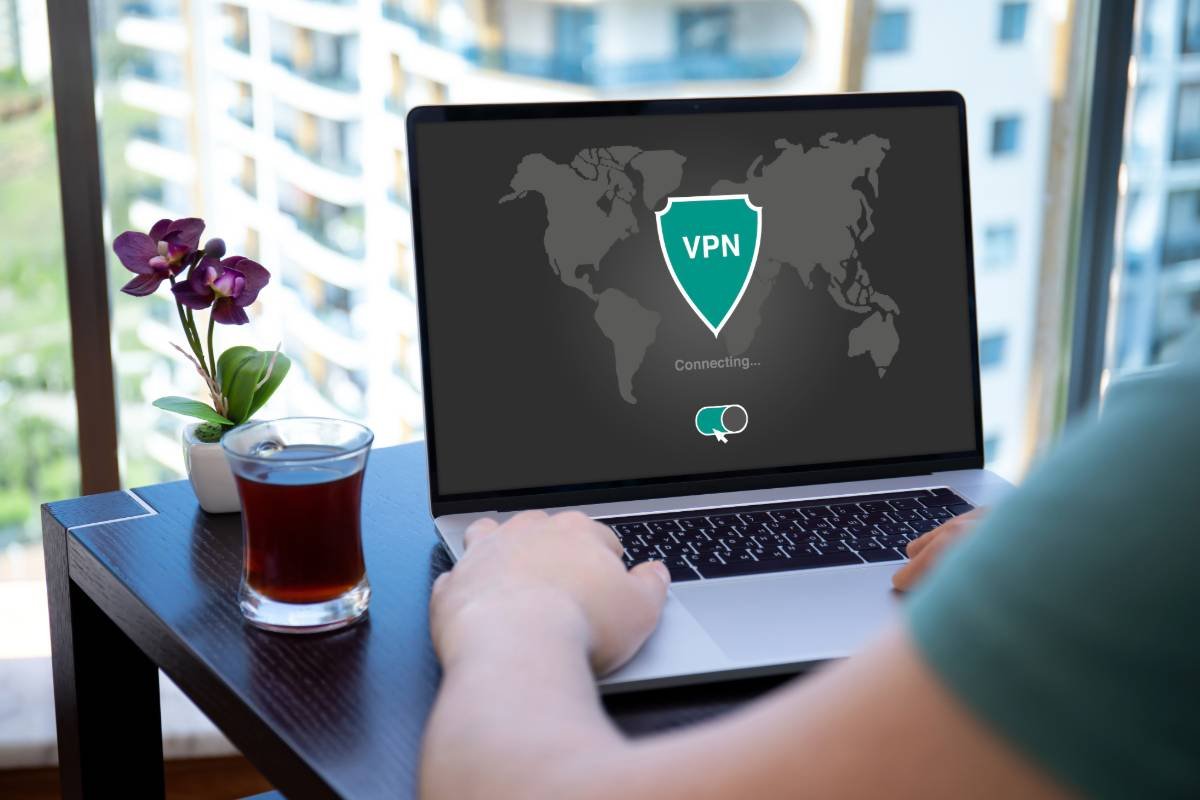As the internet continues to evolve into a critical infrastructure for modern life, concerns about privacy, surveillance, and digital security are more pressing than ever. From personal banking to telehealth appointments, remote work to casual browsing, our digital footprints are growing—and so are the risks associated with them. In this context, the use of Virtual Private Networks (VPNs) has gone from being a niche tool for tech-savvy users to an essential layer of protection for anyone who connects online.
A VPN creates an encrypted tunnel between a user’s device and the internet, effectively shielding online activity from prying eyes. Whether it’s a hacker on a public Wi-Fi network, an internet service provider (ISP) tracking your browsing habits, or government surveillance systems, a VPN limits what others can see and intercept. But VPNs are not just about hiding data—they’re about regaining control over how, when, and with whom your digital information is shared.
Table of contents
How VPNs Protect Your Privacy Online
At the core of a VPN’s function is the ability to mask your IP address—the unique identifier assigned to your internet connection. Without a VPN, this address can be used to track your online movements, infer your location, and build a detailed profile of your interests and behavior. Websites, advertisers, and even ISPs use IP data to tailor content, serve ads, and in some cases, sell user data to third parties.
By routing your internet traffic through a secure server in a different location, a VPN replaces your actual IP address with one from the VPN provider. This simple action disrupts many common tracking techniques, making it more difficult for third parties to monitor your activity or link it back to your real identity.
Moreover, VPNs encrypt your data, turning readable information into code that cannot be deciphered without a decryption key. This is particularly critical on unsecured networks—like those in cafés, airports, or hotels—where cybercriminals often lurk. With encryption in place, even if someone intercepts your traffic, they’ll only see gibberish.
Enhancing Security on Public Wi-Fi Networks
Public Wi-Fi is convenient but notoriously insecure. Most open networks lack basic encryption, making it easy for attackers to “sniff” traffic and steal sensitive information like login credentials, credit card numbers, or personal messages. VPNs act as a secure wrapper around your data in these scenarios, preventing unauthorized access even on poorly protected networks.
When you connect to public Wi-Fi without a VPN, your device may be exposed to man-in-the-middle attacks, where a hacker intercepts communications between you and the websites you visit. Some attackers even set up fake networks that mimic real ones—a tactic known as an “evil twin” attack—to trick users into connecting.
Using a VPN in these environments provides a crucial layer of defense. It ensures that even if you’re on a compromised network, your connection remains encrypted and your personal data stays protected. For remote workers, travelers, and students, this can mean the difference between a safe session and a compromised account.
Accessing Unrestricted and Open Information
In some countries, internet access is restricted by government censorship, with entire websites and services blocked for political, religious, or cultural reasons. In others, media content is geo-fenced, meaning what you can view or download is determined by your location. VPNs offer a way around these digital borders by allowing users to route their traffic through servers in different regions.
This capability isn’t just about streaming entertainment from abroad—it’s also a vital tool for journalists, researchers, and human rights activists who need access to unfiltered information. A VPN can help bypass firewalls and censorship systems, enabling users to visit websites that would otherwise be unavailable due to local regulations.
Even in freer internet environments, VPNs can allow access to more complete versions of services. For example, search engine results may differ by country, and certain features on global platforms might only be accessible in specific regions. A VPN helps ensure a more open and equitable internet experience.
Minimizing Tracking and Digital Profiling
Every click, scroll, and search on the internet feeds into a vast ecosystem of data collection. Advertisers, data brokers, and tech companies monitor online behavior to build detailed profiles that influence the ads you see, the news you’re shown, and the prices you’re offered. This practice, often done without meaningful consent, raises serious ethical and privacy concerns.
A VPN reduces this kind of tracking by limiting what data third parties can observe. It masks your IP address and encrypts your traffic, making it harder for websites to fingerprint your device or tie your behavior to a single identity. While it doesn’t eliminate all forms of tracking—cookies and browser fingerprints can still leak data—it significantly reduces your visibility in the advertising ecosystem.
For individuals concerned with digital autonomy, a VPN is one piece of a broader privacy strategy. Paired with privacy-focused browsers, ad blockers, and secure search engines, it helps put the user back in control of their digital presence.
The Role of VPNs in the Future of Internet Freedom
As debates about internet freedom, surveillance, and cybersecurity continue to evolve, VPNs are playing an increasingly important role in shaping the future of the web. In some countries, VPN usage has surged in response to government crackdowns, while in others, regulations are being introduced to limit or monitor VPN access itself—a sign of how powerful these tools have become.
The broader implications are significant. VPNs support the idea of a decentralized, user-controlled internet—one where people are not passive subjects of surveillance, but active agents of their own data. They are essential not only for personal protection but for defending freedom of expression, journalism, and the right to access information without fear.
At the same time, experts warn that VPNs are not a silver bullet. Their effectiveness depends on proper configuration, trustworthy providers, and a broader understanding of digital hygiene. But used correctly, they can serve as a vital line of defense against an increasingly invasive digital landscape.
Conclusion: Taking Control of Your Online Experience
In 2025, using a VPN is no longer just an option for privacy enthusiasts or cybersecurity professionals—it’s a smart and necessary step for anyone navigating the digital world. Whether you’re trying to secure a remote connection, bypass censorship, reduce tracking, or simply enjoy a more open web, a VPN provides meaningful protections in a time of increasing digital vulnerability.
While no tool is perfect, the VPN remains one of the most effective and accessible ways to safeguard your online presence. It empowers individuals, protects communications, and promotes a freer internet. As our dependence on digital services grows, so too does the importance of defending our right to privacy and autonomy. A VPN is not just a piece of software—it’s a declaration that your data belongs to you.













